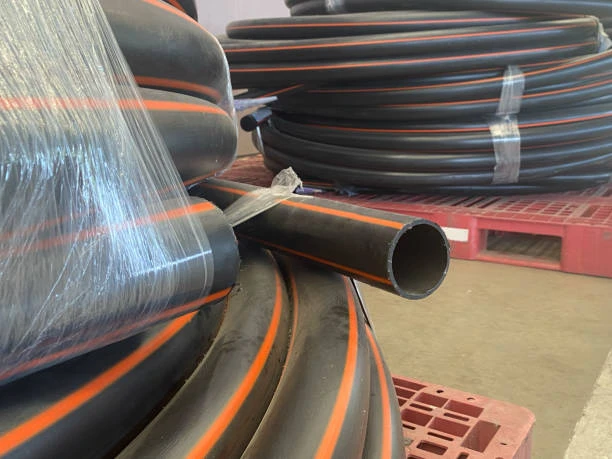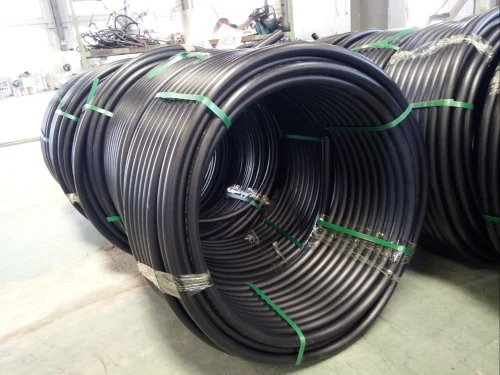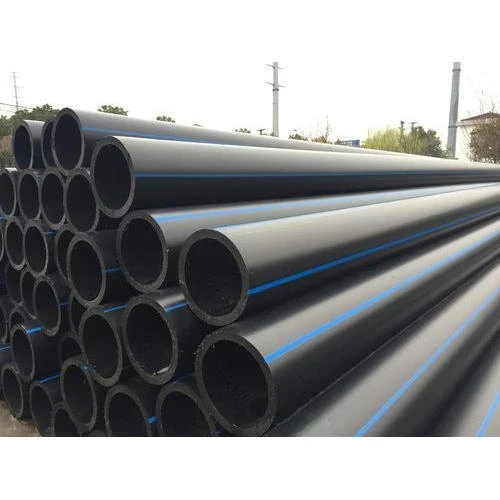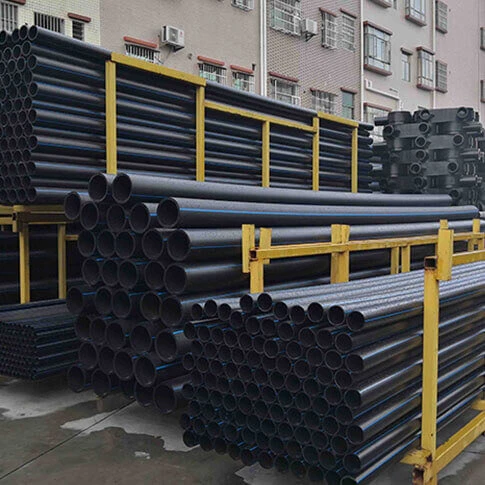The launch of Tubi Mobile Extrusion HDPE pipe production plants in Florida marks a significant advancement in the manufacturing landscape of plumbing materials. These mobile plants are designed to produce high-quality HDPE (High-Density Polyethylene) pipes on-site, enhancing the efficiency and responsiveness of the supply chain. This article delves into the implications of this innovation, the advantages of HDPE pipe, and the critical role of pipe press fittings in modern plumbing systems.
HDPE pipe The Significance of Mobile Extrusion Plants
Tubi’s mobile extrusion plants represent a breakthrough in the manufacturing process, allowing for the production of HDPE pipes where they are neede most. This approach not only reduces transportation costs but also minimizes delays, ensuring that projects are completed on time.

HDPE pipe Economic Benefits
The operationalization of these mobile plants in Florida provides numerous economic advantages. By localizing production, Tubi is creating jobs in the community while also supporting local economies. Additionally, reduced transportation costs lead to lower prices for contractors and builders, making quality plumbing materials more accessible.
HDPE pipe Technological Advancements
Tubi’s mobile extrusion technology utilizes state-of-the-art equipment to produce HDPE pipes efficiently. This innovation allows for quick setup and operation, enabling the plants to adapt to different project needs and scales. The ability to manufacture pipes on-site ensures that contractors can obtain materials without long lead times.
Understanding HDPE Pipes
What Are HDPE Pipes?
HDPE pipes are make from high-density polyethylene, a strong and durable material known for its excellent resistance to corrosion and chemicals. These pipes are widely use across various industries due to their versatility and reliability.
Benefits of HDPE Pipes
- Longevity: HDPE pipes have a long lifespan, often exceeding 50 years, making them a cost-effective choice for long-term projects.
- Flexibility: Their flexibility allows for easy installation in various environments, including areas with complex landscapes.
- Lightweight: Being lighter than traditional materials like metal, HDPE pipes reduce shipping and handling costs.
Applications of HDPE Pipes
HDPE pipes find applications in a multitude of areas, including:
- Water Supply Systems: Delivering potable water safely and efficiently.
- Sewage and Drainage Systems: Providing effective waste management solutions.
- Irrigation: Facilitating efficient water distribution in agriculture.
- Industrial Uses: Transporting various fluids and gases in manufacturing and processing.
The Role of Pipe Press Fittings
Pipe press fittings play an essential role in the functionality of plumbing systems. These fittings offer a reliable and efficient method for connecting pipes, making them indispensable for contractors and builders.
Advantages of Pipe Press Fittings
- Rapid Installation: The use of pipe press fittings allows for quick connections, drastically reducing installation time on-site.
- Cost-Effectiveness: By minimizing labor requirements and eliminating the need for specialized tools, pipe press fittings can lower overall project costs.
- Versatility: These fittings can be use with various materials, including HDPE, PVC, and more, making them suitable for diverse plumbing applications.
Applications of Pipe Press Fittings
Pipe press fittings are versatile and can be utilized in various settings, such as:
- Residential Plumbing: Connecting pipes efficiently in homes and buildings.
- Commercial Plumbing: Ensuring robust and reliable plumbing systems in businesses.
- Industrial Applications: Facilitating the transport of fluids and gases in manufacturing processes.
The Future of HDPE Pipe Production
The establishment of Tubi’s mobile extrusion plants in Florida is set to redefine the standards in HDPE pipe production. This innovative approach aligns with the increasing demand for efficient and reliable plumbing solutions.
HDPE pipe Commitment to Sustainability
Tubi is committe to environmentally friendly practices in its operations. By localizing production, the company reduces the carbon footprint associated with transportation. Additionally, HDPE pipes are recyclable, contributing to sustainable construction practices.
Continuous Innovation
Tubi’s focus on continuous innovation will keep it at the forefront of the industry. By investing in new technologies and processes, the company aims to enhance the quality and efficiency of its products, including pipe press fittings that meet evolving industry standards.
Conclusion
The operationalization of Tubi Mobile Extrusion HDPE pipe production plants in Florida represents a significant leap forward in the plumbing industry. By combining advance technology with a commitment to quality and sustainability, Tubi is set to revolutionize the market for HDPE pipes and pipe press fittings. As the demand for durable and efficient plumbing solutions continues to grow, these innovations will play a crucial role in meeting those needs.
FAQs
1. What are HDPE pipes use for?
HDPE pipes are primarily use for water supply, sewage, drainage, and irrigation systems due to their durability and resistance to corrosion.
2. What are pipe press fittings?
Pipe press fittings are connectors that join pipes together without the need for welding or soldering, providing a secure and efficient connection.
3. What are the advantages of using pipe press fittings?
They offer quick installation, cost savings, and versatility, making them ideal for various plumbing applications.
4. How do HDPE pipes compare to other types of pipes?
HDPE pipes are more flexible, lightweight, and resistant to environmental factors compared to PVC and metal pipes, making them suitable for a wider range of applications.
5. What impact do mobile extrusion plants have on project timelines?
Mobile extrusion plants significantly reduce project timelines by producing HDPE pipes on-site, eliminating delays associated with transportation and logistics.


















